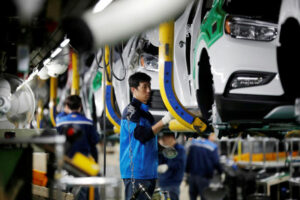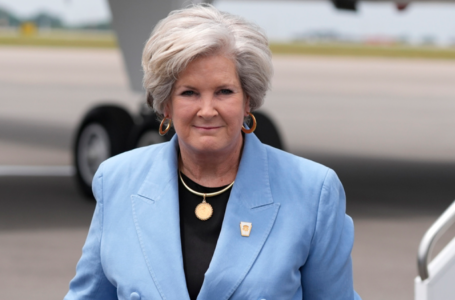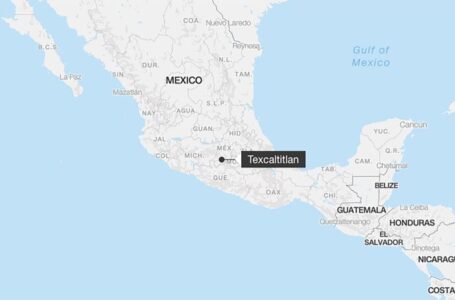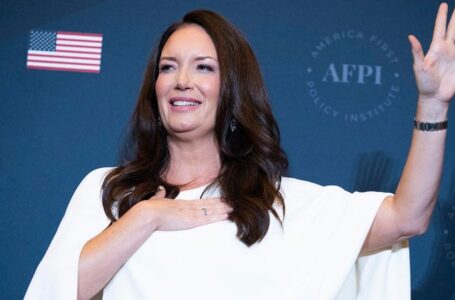Missing Israeli citizen found dead in UAE in ‘antisemitic terrorist act,’ Israel says
South Korea assures Philippines on continued need for migrant workers


SOUTH KOREA has declared its continued openness to admitting migrant workers to address its shortfall in working-age citizens, the Department of Foreign Affairs (DFA) said.
DFA officials met their South Korean counterparts Wednesday to tackle overseas Filipino worker (OFW) policy, the DFA said in a statement.
Foreign Affairs Undersecretary Eduardo A. de Vega led a Philippine delegation to Seoul to meet with South Korean Foreign Minister Hong Seok-in.
“I commend the cooperation between the Republic of Korea government and the Philippine Embassy in strengthening relations, especially people-to-people relations,” Mr. de Vega said.
Mr. Hong said migrant workers mitigate the effects of South Korea’s low fertility rate. “It is indispensable and necessary to take care of foreign workers,” he said.
Earlier this month, the Philippine Senate ratified a 2019 social security treaty with South Korea, which allows OFWs in South Korea to refund their contributions to South Korea’s National Pension system after the end of their employment.
The deal also allows OFWs to continue receiving insurance coverage and other social protection benefit where they decide to reside.
More than 67,000 Filipinos in South Korea are expected to benefit from the pact.
Cash remittances from OFWs rose by 3% in October, as migrants sent home more money ahead of the holiday season.
The volume of money was the highest in 10 months or since the $3.16 billion in December 2022.
Envoys from both countries have said they are looking forward to the approval of a free trade agreement (FTA) between the Philippines and South Korea, which the Senate is expected to ratify when it resumes session in January.
Under the free trade deal, South Korea will remove tariffs on about 94.8% of Philippine products, while the Philippines will remove tariffs on 96.5% of South Korean goods.
The Philippines will also enjoy waived tariffs on 1,531 categories of agricultural goods, with 1,417 tariff lines removed upon effectivity of the FTA.
The Philippines is also seeking to export more bananas, processed pineapples, and other fruits to South Korea. — John Victor D. Ordoñez











